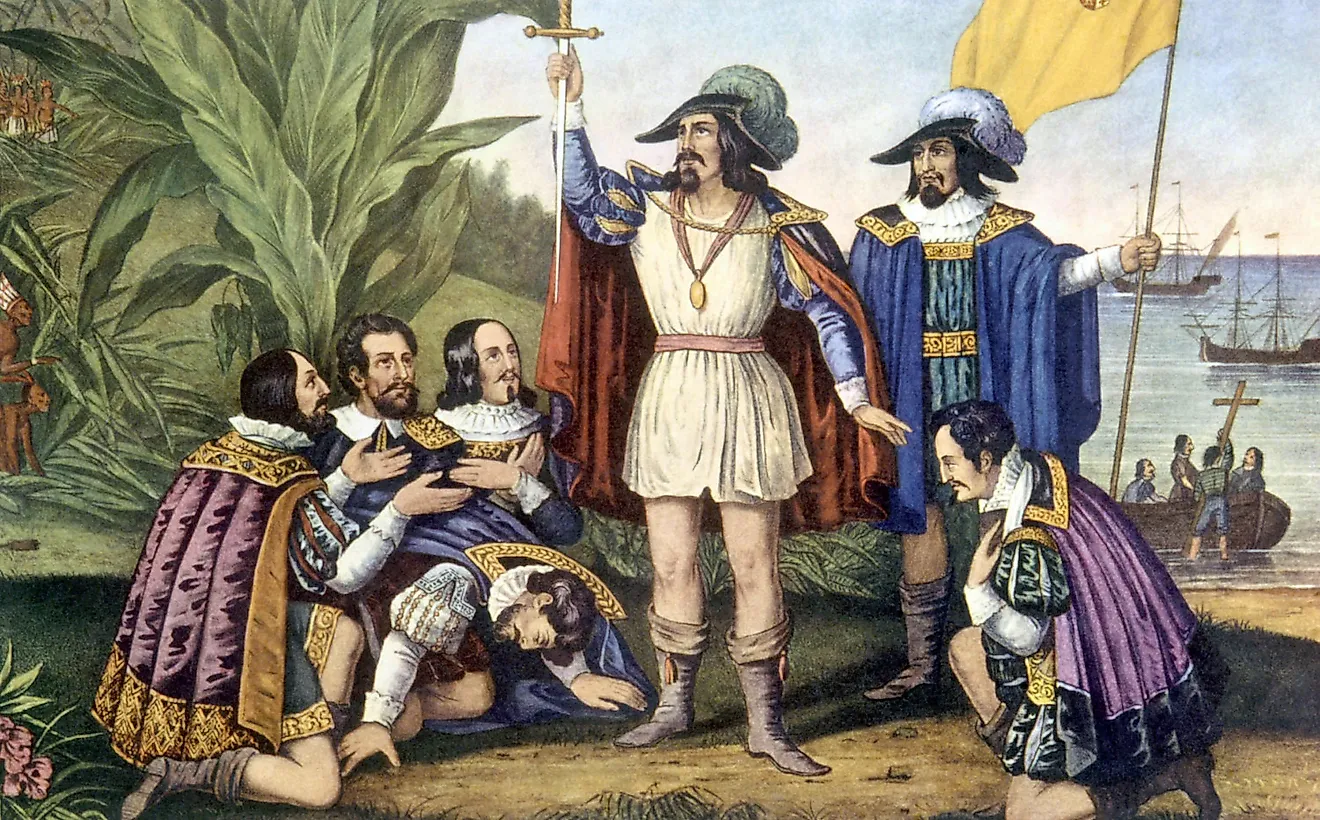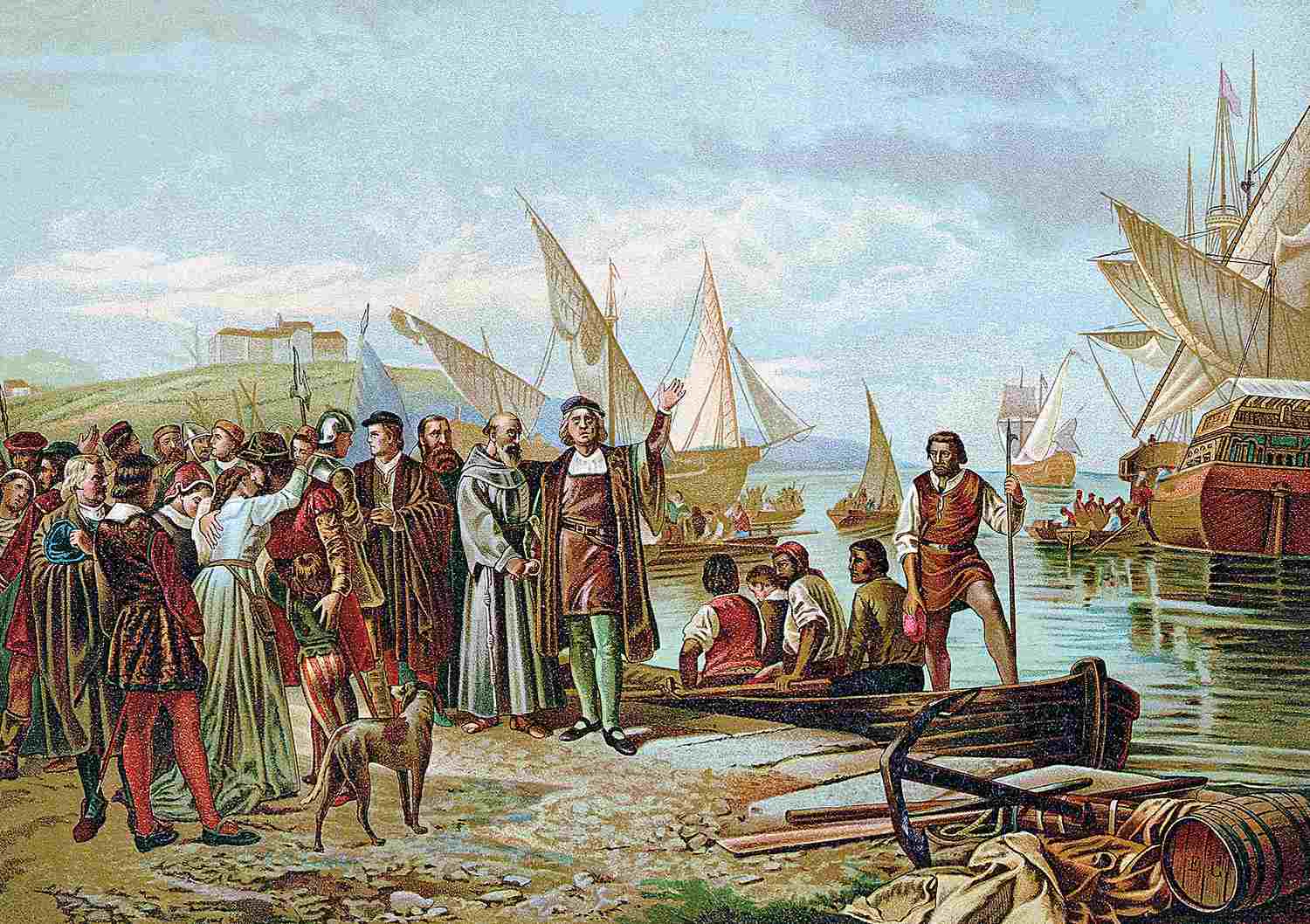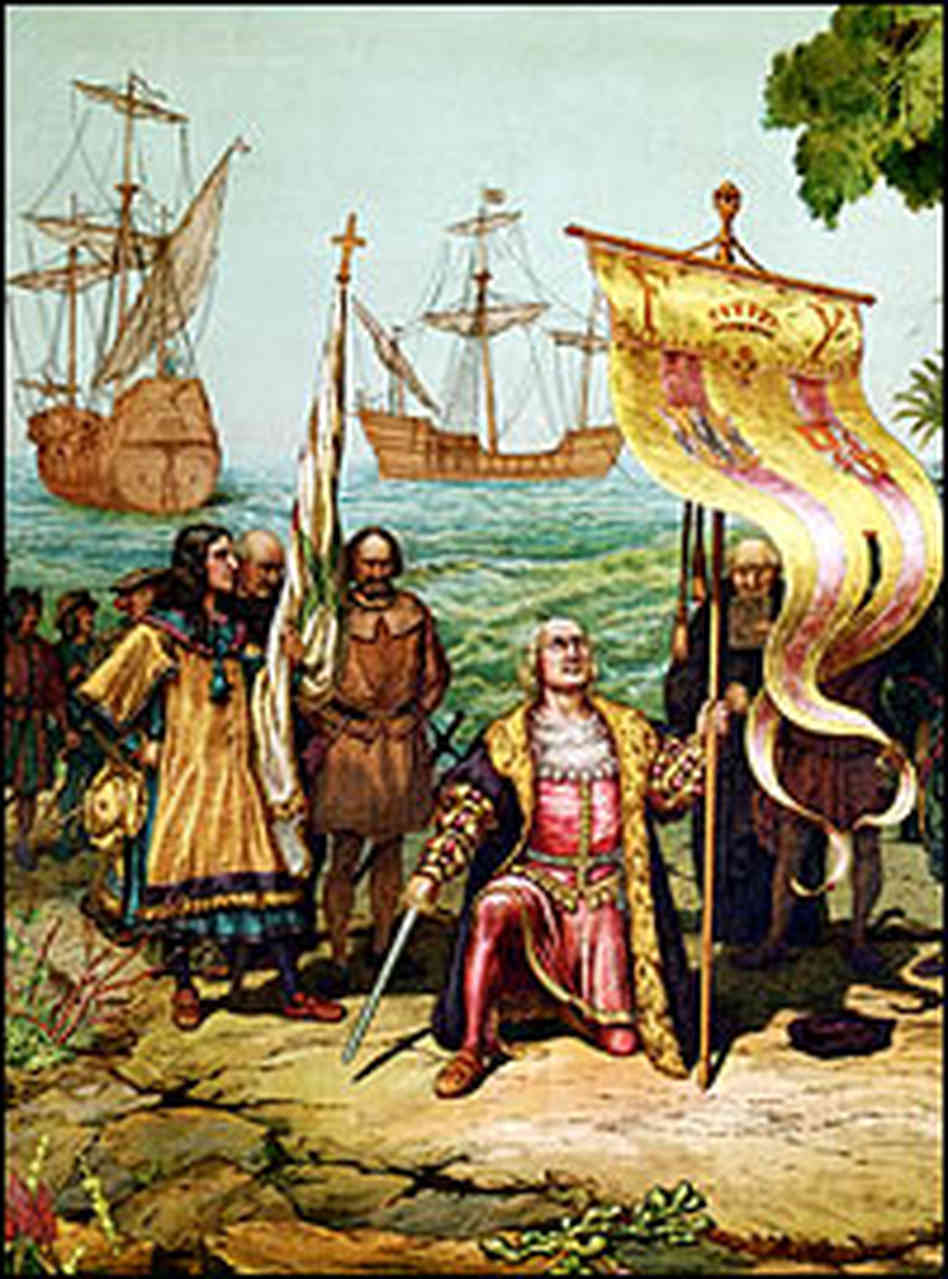
Christopher Columbus is a name that is famous in history books and popular culture alike. As the explorer who is credited with discovering America, he is known as a key figure in the Age of Exploration. But where exactly did Christopher Columbus come from? In this article, we'll explore the origins of the famous explorer and shed some light on his early life.
Early Life and Family

Christopher Columbus was born in Genoa, Italy in 1451. His family was not wealthy, and his father was a weaver by trade. Columbus was the second oldest of five children, and he had two younger brothers and two younger sisters.
As a young boy, Columbus showed an interest in the sea and in exploration. He reportedly made his first voyage at the age of 14, and soon after, he began working as a sailor. Columbus's early experiences on the sea would later influence his decision to become an explorer.
Exploring the World

After working as a sailor for several years, Columbus began to develop his own ideas about exploring the world. He believed that it was possible to reach the East Indies by sailing west, and he began to seek funding for an expedition that would prove his theory.
Columbus's first attempt to secure funding for his expedition was unsuccessful, but he eventually found support from King Ferdinand and Queen Isabella of Spain. In 1492, Columbus set sail with three ships: the Nina, the Pinta, and the Santa Maria.
The Voyage to America

Columbus's voyage across the Atlantic was long and challenging. The crew faced numerous difficulties, including bad weather and a lack of supplies. But on October 12, 1492, Columbus and his crew finally sighted land. They had reached an island in the Bahamas, which Columbus named San Salvador.
Over the course of several months, Columbus explored various islands in the Caribbean and South America. He encountered numerous indigenous peoples, and his interactions with them would have a lasting impact on the history of the Americas.
Legacy and Impact

Christopher Columbus's legacy is a complicated one. While he is celebrated as a hero in some circles, others view him as a symbol of colonialism and oppression. Despite these debates, there is no denying that Columbus's voyages had a significant impact on history.
His voyages opened up new trade routes and helped to establish Spain as a major colonial power. They also had a profound impact on the indigenous peoples of the Americas, whose cultures were forever changed by the arrival of Europeans.
Conclusion
Christopher Columbus came from humble beginnings in Genoa, Italy, but his voyages would make him one of the most famous explorers in history. While his legacy is still debated today, there is no denying the impact that his voyages had on the world. By exploring new lands and encountering new peoples, Columbus helped to shape the course of history.